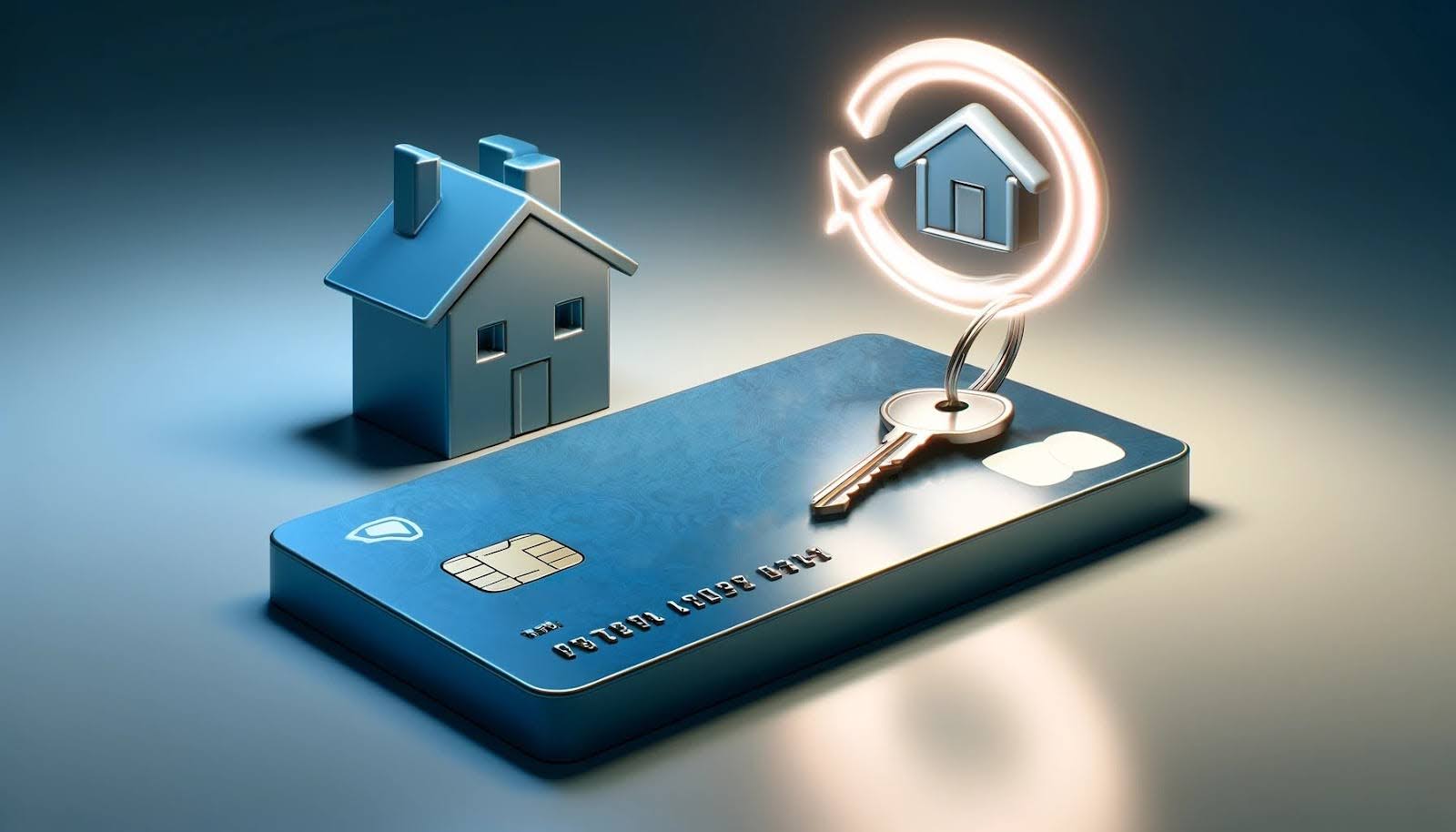Paying rent before paying in full - on the one hand, it sounds absurd, but on the other... It’s worth delving into the topic to understand how else the definition of a deposit may sound and which of them corresponds more to reality. Making a small advance payment when purchasing real estate is a common practice, but to an unfamiliar person this usual operation may seem like tricks scammers. THE Capital experts decided to dwell on this topic in more detail in order to dispel your doubts and explain the very essence of the deposit. Believe me, such a formal detail will make the purchase and sale process much safer and more comfortable for all its participants.
Deposit: what is it and why pay it

We will not torture the poor animal (pulling the cat by the tail), but will immediately move on to the definition of the key term of this article:
❝Earnest money is a certain amount of money that the buyer transfers to the seller, thereby confirming their mutual agreement and guaranteeing further fulfillment of the terms of the purchase and sale agreement.❞
(A more precise definition is presented in 570 article Civil Code of Ukraine.)
The size of the deposit is usually 5-10% of the total real estate value. That is, after the final signing of the contract, you will have to pay only the missing part of the amount. The prepayment is transferred after the conclusion of the main or preliminary purchase and sale agreement, which is clearly stated in the conditions. Such a small amount paid in advance seals the agreement between the parties, giving them greater confidence in the success of the cooperation. The seller receives significant confirmation that the buyer is truly interested in purchasing it of property, and the buyer reserves the property, reserves it and deprives other interested parties of the opportunity to lure the owner with a more favorable price or other conditions. The specific legal functions of the deposit boil down to the fact that it:
- confirms the agreement of the parties and their mutual obligations;
- guarantees compliance with the terms of the contract;
- regulates the amount of the final amount and the method of its transfer.
Previously, we have already indicated the approximate size of the deposit, but, to tell the truth, the legislation does not provide for specific frameworks, so there are also cases when the advance payment is half the cost of the property. You can individually discuss this nuance directly with the seller to come to a reasonable consensus.
When to make a deposit and how to complete it

A deposit is required in cases where the parties are still resolving some issues related to the object of the contract, and therefore cannot complete the transaction here and now. It can be made either at the initiative of the buyer or at the request of the seller:
- in the first case, it may be required so that the buyer has time to collect the missing amount. Real estate is not a cheap pleasure, so money to buy it You can’t just pick it up and take it out of your wallet. Of course, the final deadline for concluding the deal is stipulated because no one will agree to wait months and years to their detriment;
- in the second case, it is obvious that the seller wants a guarantee. But there are also situations when he also needs a delay to resolve certain nuances. Thus, at the time of viewing, the house may still be undergoing renovation work that requires completion. Or does it just take time to relocation because the previous owner did not expect such a quick result.
Once all formalities have been resolved, you can proceed to signing the main or preliminary agreement. Only after this stage should the deposit be transferred. Otherwise, misunderstandings may arise during which you risk losing both your money and treasured apartment. The contract must include the following points:
- deposit size;
- parties to the contract;
- subject of the contract (apartment or house);
- rights and obligations of the parties;
- penalties in case of failure to comply with the prescribed conditions;
- terms of the transaction.
If all the points have been taken into account and you have no more controversial issues, feel free to have the document certified by a notary. Also, do not forget to take a receipt from the seller stating that he received a deposit of a specific amount from you.
Is it possible to return the deposit?

If for some reason the purchase and sale agreement was never signed, you should think about returning the deposit. It is precisely these “some reasons” that influence whether you will be able to get your money back. There are several scenarios for the development of events:
- the contract was terminated at the initiative of the seller - in this case, the deposit is returned not just in full, but in double amount because it is not your fault that the owner of the apartment suddenly changed his mind. A small compensation cannot be compared with disappointment and trampled dreams of a new housing, but it's better than nothing;
- the contract was terminated due to the fault of the buyer - alas, but you have to pay for your instability and irresponsibility. Now you compensate the other party for spontaneous changes in plans and say goodbye to the money contributed forever.
You can try to get your deposit back in court. To do this, you will need to provide a previously signed agreement and receipt. In Article 571 of the Civil Code of Ukraine you can find information about the legal consequences of violating the preliminary agreement and the fate of the deposit in a particular case.
🤫 Let's secretly say that there is a reliable way to get your prepayment back. To do this, you will need to pay not a deposit, but an advance. The procedure for its registration is not so different from what we discussed, so many people confuse these two terms. Their main difference is that the advance will in any case return to its owner, whatever the reason for terminating the agreement.




